
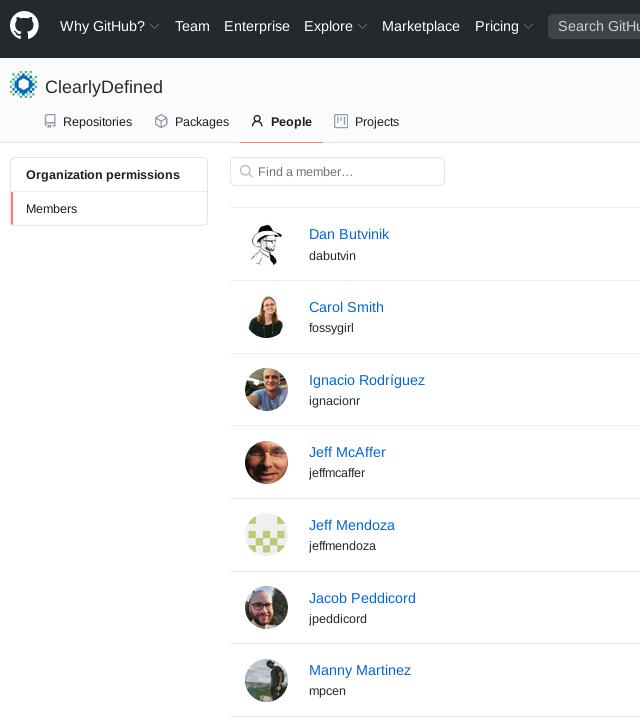
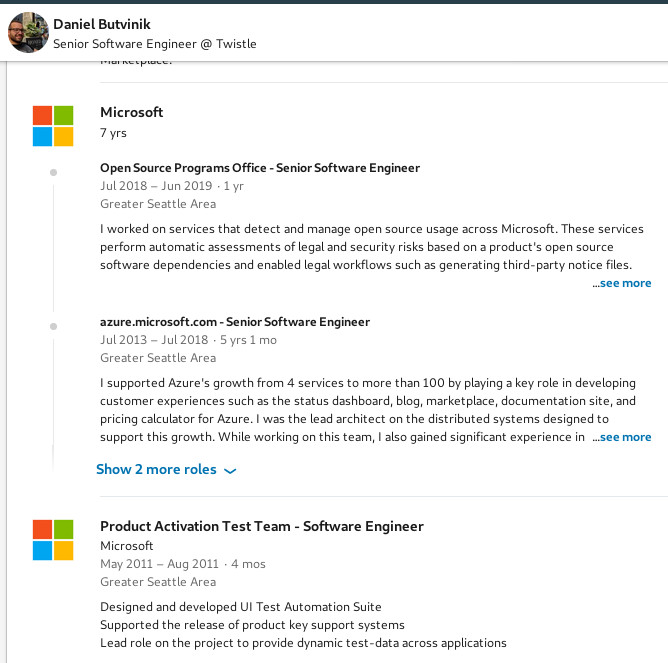


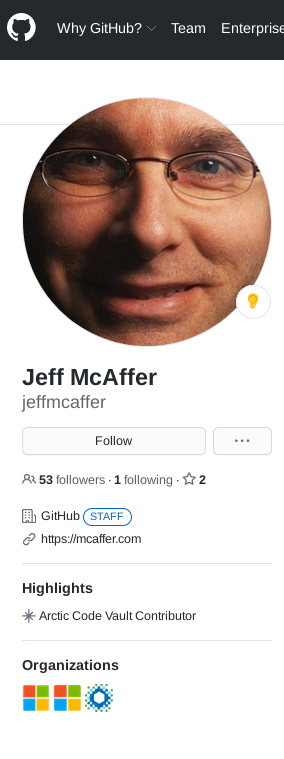
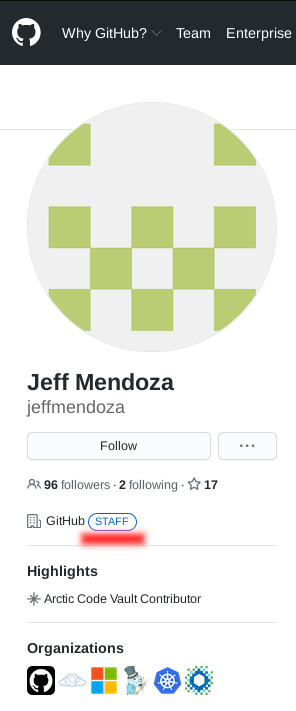
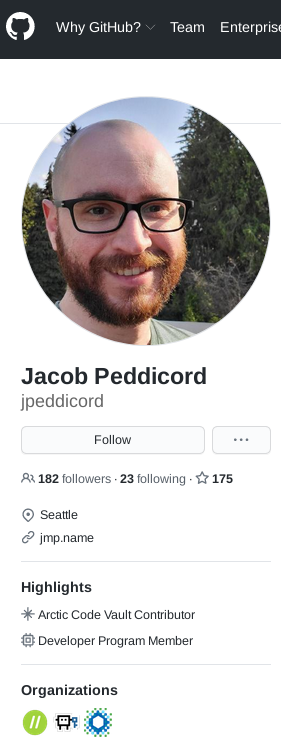
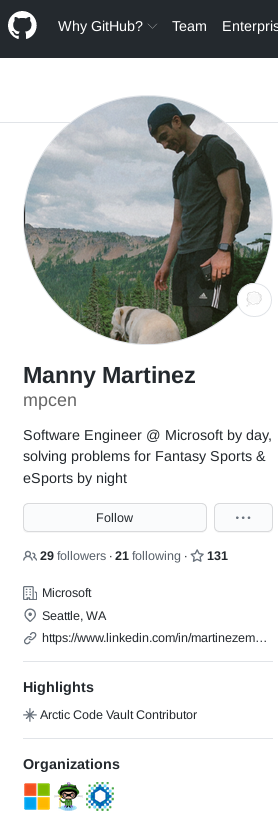
TWENTY TWO years ago, with the partial goal of 'cancelling' the FSF and RMS (Richard Stallman, father of GNU and Free software), the Open Source Initiative (OSI) was founded. At least one of the founders viewed that as an opportunity or ploy to 'cancel' Free software; it's that same person (ESR) who now spreads nonsensical theories about Windows and Linux (which Microsoft-friendly media absolutely adores and still amplifies almost a week later!).
"Twenty two years ago, with the partial goal of 'cancelling' the FSF and RMS (Richard Stallman, father of GNU and Free software), the Open Source Initiative (OSI) was founded."The OSI used to be a force against Microsoft monopoly; it even hosted Microsoft's leaked documents (Halloween Documents, released by ESR to show Microsoft's attack plans against Free software). Nowadays OSI seems to be doing the exact opposite; it helps Microsoft build and cement a monopoly over Free software. This is classic entryism.
As a little bit of necessary background, readers may wish to revisit or catch up with our latest posts regarding OSI (see page 1, page 2 and page 3 of our latest articles about the Open Source Initiative). Plenty of recent explanations of OSI going rogue (lots happened to it so far this year) are included there. Assuming that's more or less clear for everyone to understand, let's get to the 'meat' of the subject.
A couple of years ago the OSI got connected to ClearlyDefined, not too long after it had taken Microsoft bribes. The OSI tried introducing it as a multi-party and vendor-neutral thing in its official press release. One reader asked us a few days ago: "What is ClearlyDefined?"
"The OSI used to be a force against Microsoft monopoly; it even hosted Microsoft's leaked documents (Halloween Documents, released by ESR to show Microsoft's attack plans against Free software). Nowadays OSI seems to be doing the exact opposite; it helps Microsoft build and cement a monopoly over Free software. This is classic entryism.""As we explained some days ago," I responded, "ClearlyDefined is itself a bit enigmatic and it's not easy to find the complete chain of ownership using whois. ClearlyDefined helps track licensing information of code and projects."
Especially those that Microsoft controls inside its proprietary prison (GitHub), as even the press release shows (it's a dead giveaway).
The reader also asked: "Is it a program, or a service?"
"I believe it is both," I said, and it's developed/managed on Microsoft servers. Who does the coding? See above.
The reader asked: "What are the criticisms against it?"
"ClearlyDefined is closely controlled by Microsoft," I replied, as "it's biased towards GitHub (obviously), and one might expect it to be copyleft-hostile. Like Black Duck, whose purpose was to discourage businesses from touching copyleft-licensed code..."
And then it got back to the OSI.
"Who is the president of the OSI?"
"Mr. Josh Simmons," I replied. "Briefly," I was then asked, "what bad things does he do outside of OSI?"
"A Salesforce employee," I said. "The OSI does not pay his salary. The OSI only pays the GM's salary."
"A couple of years ago the OSI got connected to ClearlyDefined, not too long after it had taken Microsoft bribes."This reader took note of the part where we said that OSI "staff left a couple of months ago, only months after one OSI co-founder quit in protest and another OSI co-founder was banned from the mailing list (for confronting a threat to the OSI’s mission)."
The reader asked: "Who are these two co-founders?"
I said those are ESR and Bruce Perens. It's actually well known.
"No wonder the OSI's blog quickly became a Microsoft marketing tool," the reader quoted us as saying.
The reader asked: "What are the specific facts that support that claim?"
"Techrights wrote a number of articles with examples," I responded, "ranging from Microsoft job ads to ClearlyDefined promotion. It's as if Microsoft requested that favourable blog posts are written in exchange for something."
"So most of the OSI's budget goes to a programme that's mostly Microsoft staff and is controlled by Microsoft, hosted on its servers etc."It was only today (a quiet weekend) that I decided to go through the names of ClearlyDefined people one by one (some don't name their employer) and show the pattern above. It's rather revealing, is it not?
So most of the OSI's budget goes to a programme that's mostly Microsoft staff and is controlled by Microsoft, hosted on its servers etc.
Take another leap and maybe consider the conclusion that today's OSI mostly exists to help Microsoft/GitHub, which is neither Free/libre nor Open Source. It's all rogue. And proprietary software monopolies stand to gain the most. ⬆